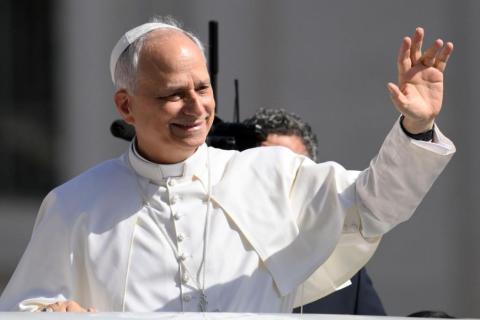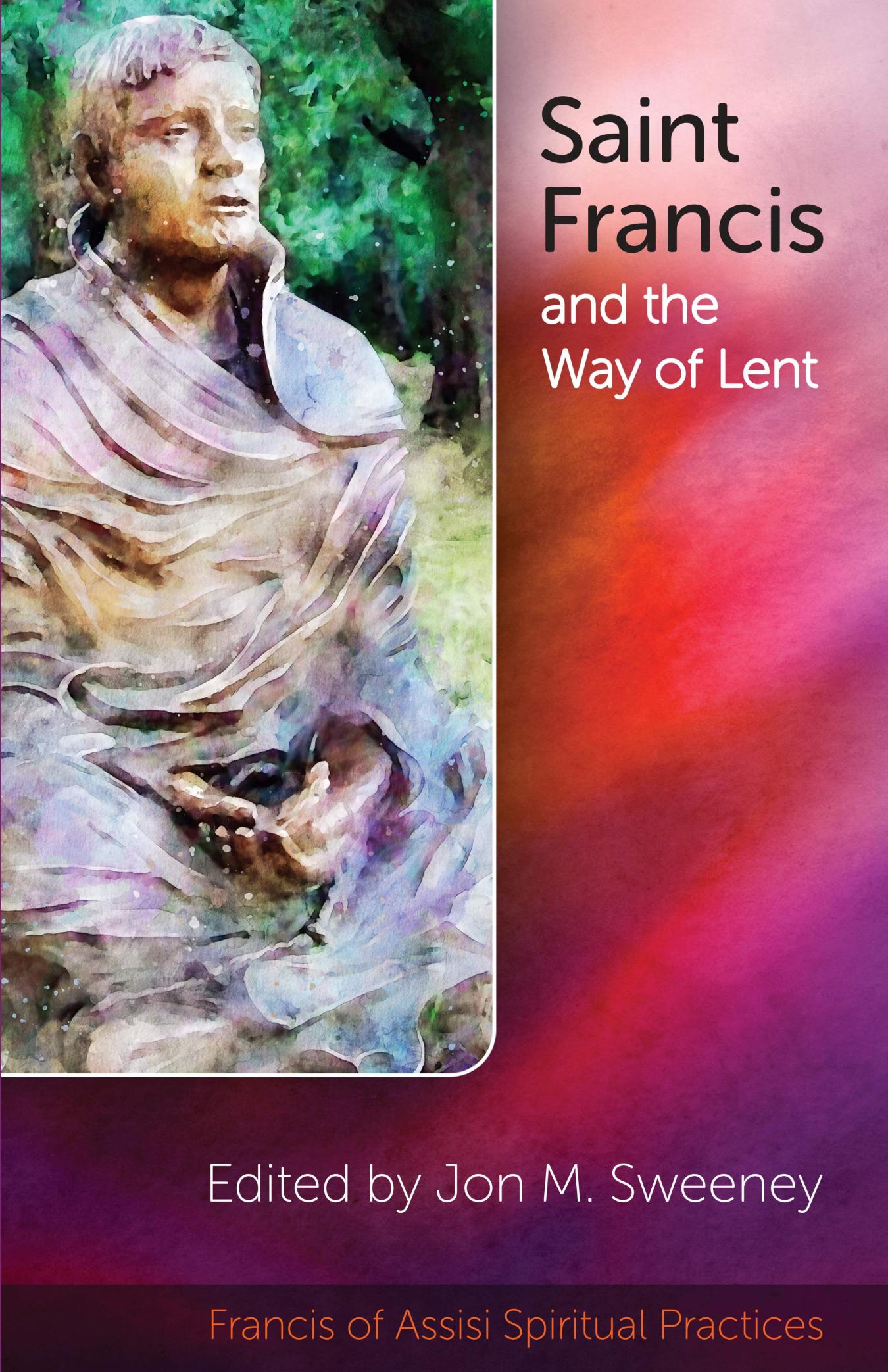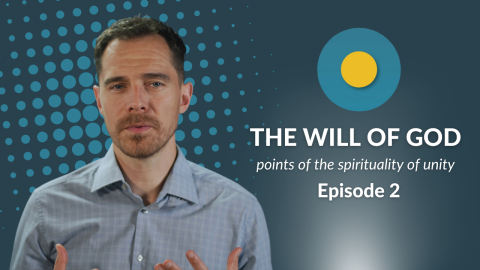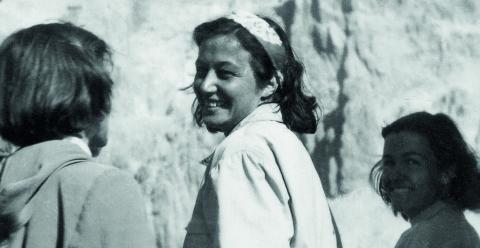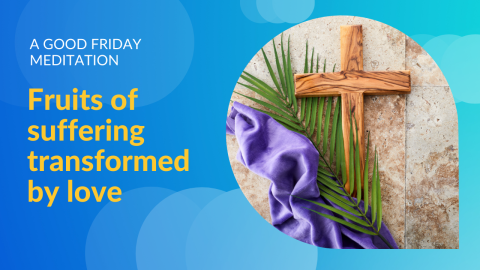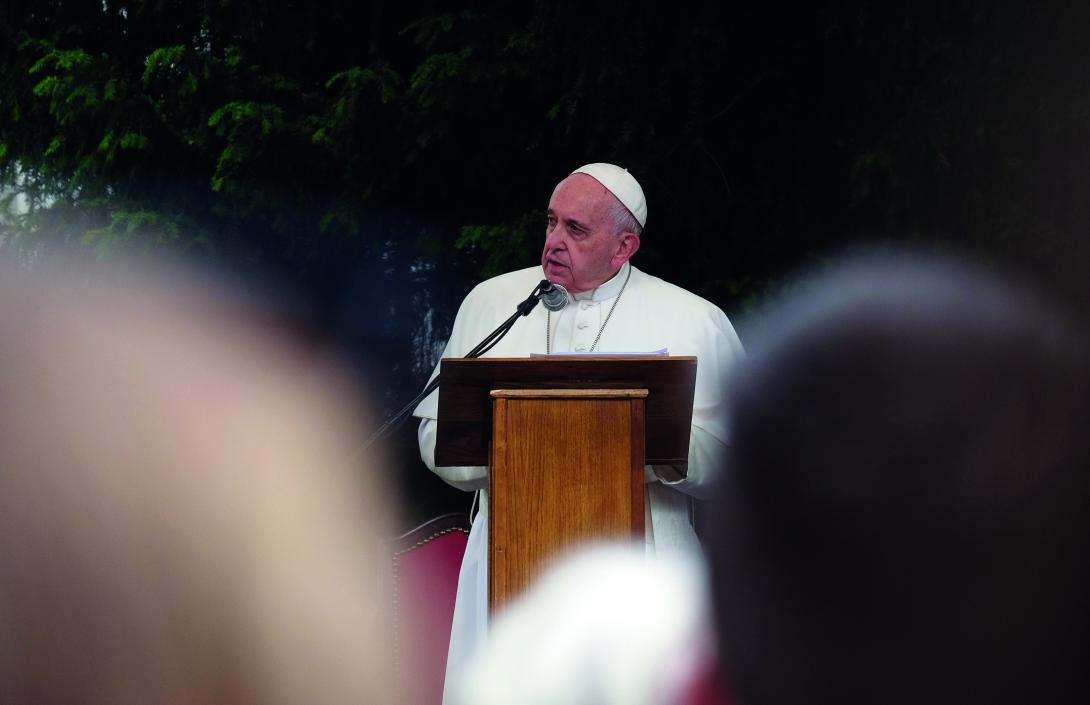
Photo by Zatletic | Dreamstime.com
Celebrating the Jubilee of Mercy with you is recalling the pressing journey that we must undertake in order to break the cycle of violence and crime. We have already lost many decades thinking and believing that everything would be resolved by isolating, separating, incarcerating and ridding ourselves of problems, believing that those policies really do solve problems.
We have forgotten to focus on what should truly be our concern: people’s lives; their lives, those of their families, and those who have suffered because of this cycle of violence.
Divine mercy reminds us that prisons are an indication of the kind of society we live in. In many cases they are a sign of the silence and omissions that have led to a throwaway culture, a symptom of a culture that has stopped supporting life, of a society that has little by little abandoned its children.
Mercy reminds us that reintegration does not begin here within these walls; rather it begins before, it begins “outside,” in the streets of the city. Reintegration or rehabilitation begins by creating a system that we could call “social health”—that is, a society that seeks not to cause sickness, polluting relationships in neighborhoods, schools, homes and in the whole of the social spectrum.
A system of social health endeavors to promote a culture that acts and seeks to prevent those situations and pathways that end in damaging and impairing the social fabric. …
Jesus’ concern for the care of the hungry, the thirsty, the homeless and prisoners (Mt 25:34–40) sought to express the core of the Father’s mercy. This becomes a moral imperative for the whole of a society that wishes to maintain the necessary conditions for a better common life.
It is within a society’s capacity to include the poor, infirm and imprisoned, to heal their wounds and make them builders of a peaceful coexistence. Social reintegration begins by making sure that all of our children go to school and that their families obtain dignified work, by creating public spaces for leisure and recreation, and by fostering civic participation, health services and access to basic services, to name just a few possible measures. This is where every process of reintegration begins.
Celebrating the Jubilee of Mercy with you means learning not to be prisoners of the past, of yesterday. It means learning to open the door to the future, to tomorrow; it means believing that things can change. ...
We know that we cannot turn back, we know that what is done is done. But I wanted to celebrate the Jubilee of Mercy with you, so that it may be clear that it does not exclude the possibility of writing a new story, and then moving forward: the “for what purpose.”
You suffer the pain of a failure—if only we would all suffer the discomfort of our concealed and cloaked failures—you feel the remorse of your actions and in many cases, with great limitations, you seek to remake your lives in the midst of solitude. You have known the power of sorrow and sin, and have not forgotten that within your reach is the power of the resurrection, the power of divine mercy, which makes all things new.
From inside this prison, you must work hard to change the situations that create the most exclusion. Speak with your loved ones, tell them of your experiences, help them to put an end to this cycle of violence and exclusion.
The one who has suffered the greatest pain, and we could say “has experienced hell,” can become a prophet in society. Work so that this society that uses people and discards them will not go on claiming victims.
In saying this to you, I recall what Jesus said, “Let him who has no sin cast the first stone.” I too would have to go away. In saying this to you, I do not do so like someone wagging his finger from on high; I do so from the experience of my own wounds, mistakes and sins, which the Lord willed to pardon and correct.
I do so, aware that without his grace and my vigilance, I could repeat the same mistakes. Brothers and sisters, I always ask myself on entering a prison: “Why them and not me?” This is a mystery of divine mercy; we are celebrating that divine mercy today, all of us looking ahead with hope.
From Pope Francis’ speech in the Center for Social Adjustment No. 3, Ciudad Juárez, Mexico, February 17, 2016





